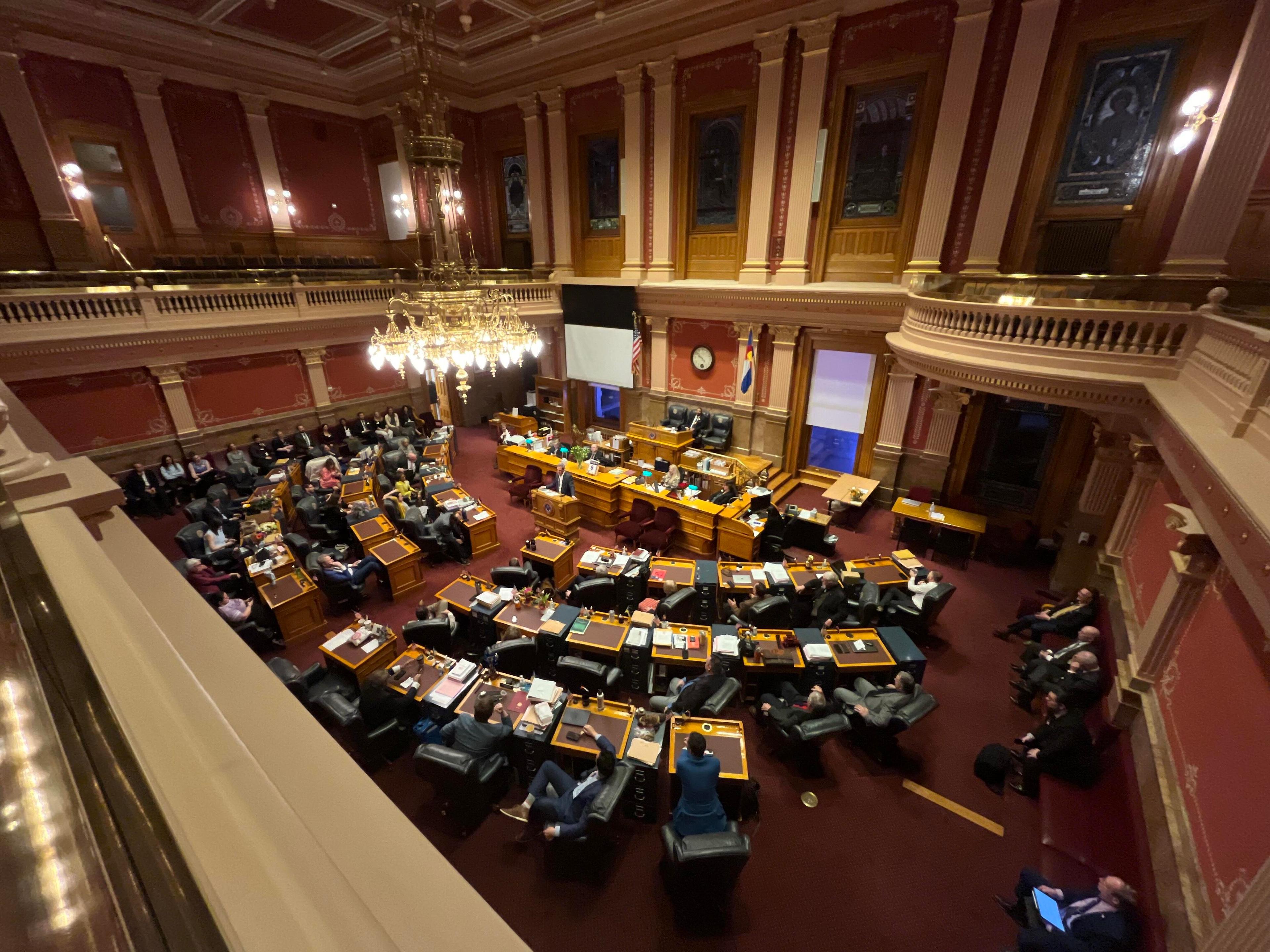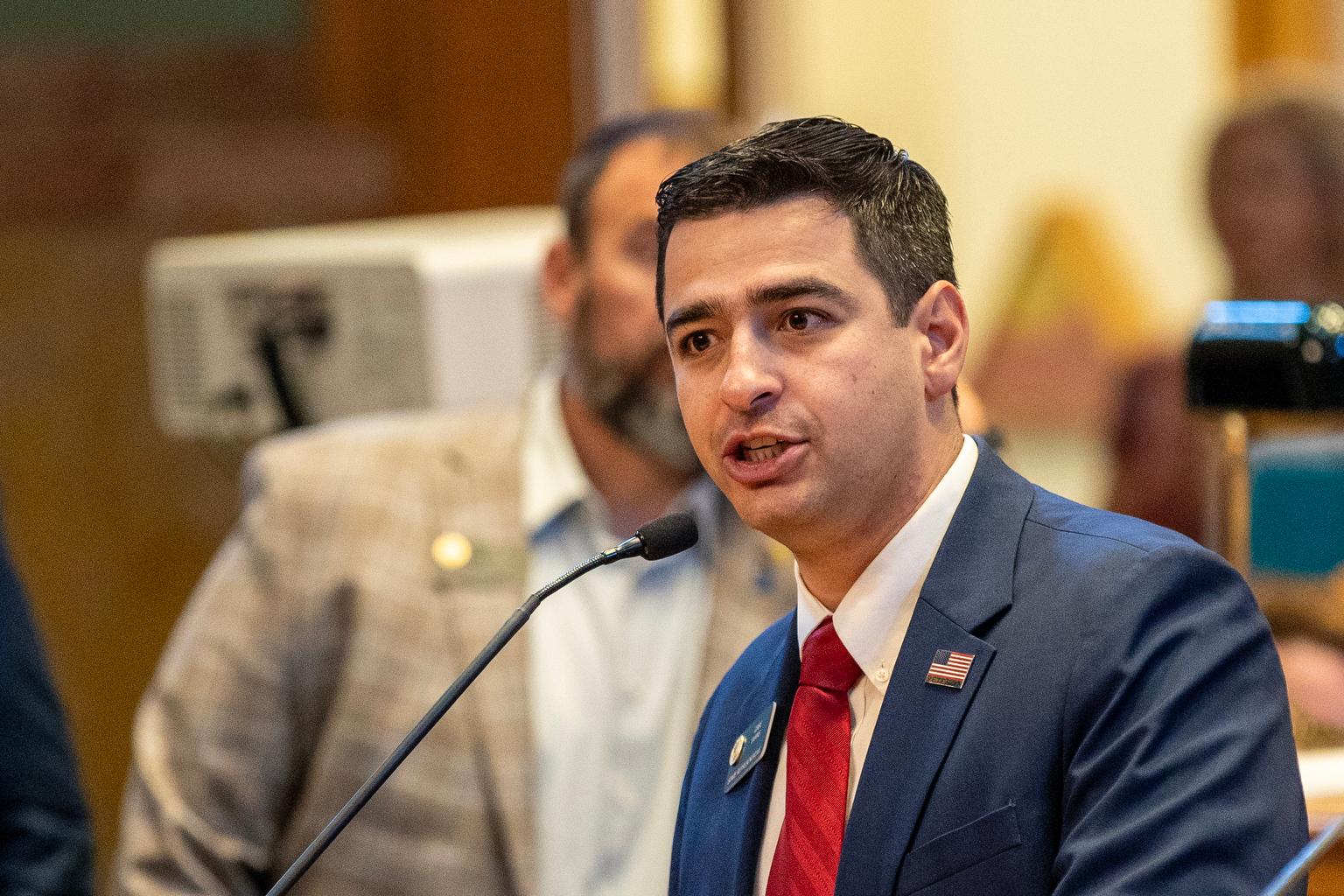

Eldonna Edwards, better known as Ellie, is a lively platinum blonde with streaks of pink dyed into her hair. Ellie radiates that other-worldly southern California vibe of feel-good health, laid-back lifestyle and liberal politics. She is a massage therapist with a functioning claw-foot bathtub in her back yard. Married and divorced several times, her kids all grown up, she has reached a point in life where she’s happy just living with herself. Then, while researching a paper for an English class at her local community college, Ellie discovers an online matching service for people in need of replacement organs and those who might consider donating theirs.
A life-giver, Ellie decides that she will donate a kidney because someone out there needs it and might die without it. She will give away a part of her body because she wants to, because she can.
Ellie’s determined and profound act of altruistic behavior is chronicled in Jan Krawitz’s fine new documentary film, Perfect Strangers, to be screened this weekend at the Rocky Mountain Women’s Film Festival. Krawitz, Director of the MFA Program in Documentary Film and Video at Stanford University, will be in Colorado Springs for the screening and spoke with me this week by phone about the making of the film.
Krawitz makes films about people she respects and admires, delving deeply into the personal challenges and choices of her characters, whether they are dwarves living in a world that doesn’t recognize the unique challenges of being small, as in her acclaimed films Little People and Big Enough; or whether her character is a middle-aged woman who wants to donate a kidney.
Krawitz says that when she first met Ellie in June of 2007, she knew that she would film her journey. “This woman,” says Krawitz, “her motivation was something a viewer could not dismiss. Ellie was everywoman, all of us, but not. She wasn’t crazy. She was rational, articulate and passionate — just what a director wants in a documentary film subject.”
When Jan and Ellie met, Ellie had already chosen another California woman, Kathy, as the potential recipient of her kidney, so the filmmaker set off for Arcata, six hours north of San Francisco, to meet Kathy and her husband who became the other principal characters in the film. Five days a week, for nearly five hours a day, Kathy received dialysis at home, painstakingly administered by her patient and steadfast husband. He had already been dismissed as a possible donor of a kidney, as had friends whose organs did not match Kathy’s. Immobilized and weakened by polycystic kidney disease or PKD, Kathy had spent nearly seven years on a transplant list. “I just don’t make a lot of plans,” she muses in the film.
Ultimately, Ellie and Kathy are not matches either and both women have to look elsewhere for the fulfillment of their missions: Kathy’s to stay alive until she can find a viable donor and Ellie’s to give her healthy kidney to someone who needs it. Perfect Strangers, which takes place over four years, guides us unblinkingly through the entire harrowing process for both women, reminding us that our lives are comprised of the decisions we make and the people who cross our paths, and that the road to fulfillment is rarely, if ever, predictable.
“That’s why I love documentary,” says Krawitz. “It unfolds the way life does, in a way that a Hollywood feature would never grasp.” Perfect Strangers doesn’t unfold as a Hallmark moment, and its twists toward a distinctly un-Hallmark ending are what make it fascinating. Because things don’t work out with Kathy as planned, Ellie must delve deeper into the meaning of pure altruism, opening herself up to the unknown.
It’s a fascinating film journey with amazing footage of an actual organ harvest, tense and touching moments before and after, and through it all, the reassuring voice of Ellie who never loses her focus.
Several times in the film, we hear how difficult it is to receive such a gift, given its immensity. And for Ellie, it’s hard to articulate how she is changed by the experience of donating a kidney.
Jan Krawitz says she has been changed by all of her films, including Perfect Strangers. “[I’m changed] by the privilege of entering other people’s lives and gaining access to people different from myself. It allows me to reflect on my own life choices.”
It’s hard to define how we are changed, but Krawitz says it well.
“I can’t fully assess the impact of this four year journey, but it’s the accretion of experiences and interactions that makes us who we are.”
You can see Perfect Strangers this weekend at The Rocky Mountain Women's Film Festival. Click HERE for tickets and information.
Kathryn Eastburn is the author of A Sacred Feast: Reflections of Sacred Harp Singing and Dinner on the Ground, and Simon Says: A True Story of Boys, Guns and Murder in the Rocky Mountain West. You can comment and read or listen to this column again at The Big Something at KRCC.org. “The Middle Distance” is published every Friday on The Big Something and airs each Saturday at 1 p.m. right after This American Life.








